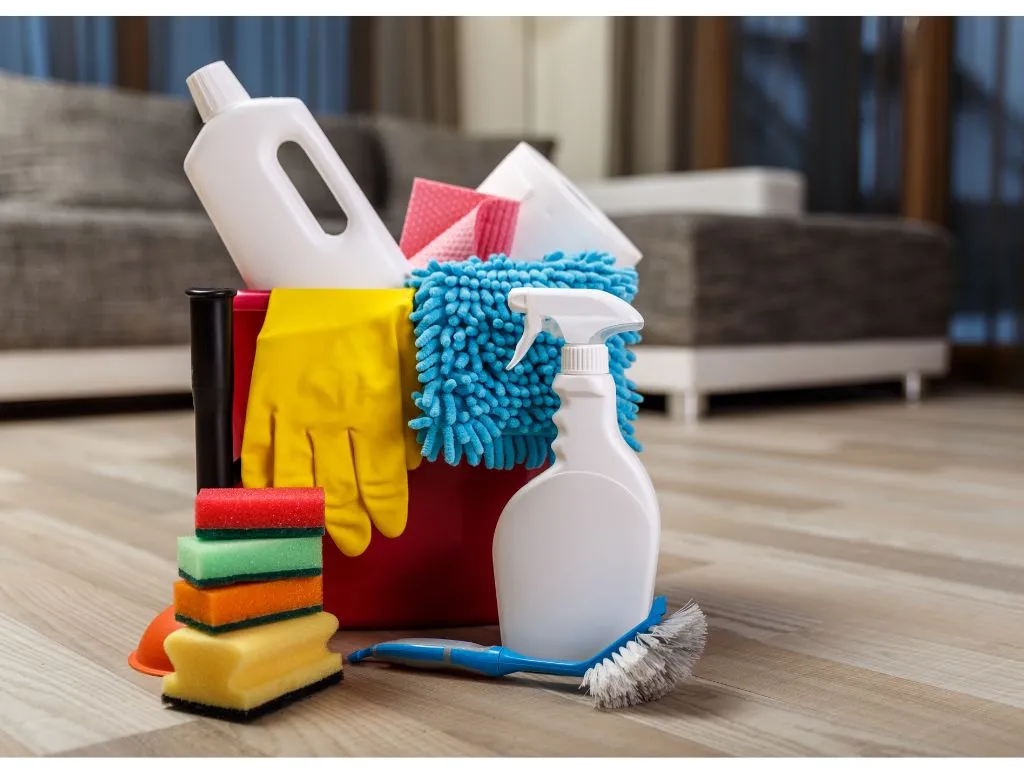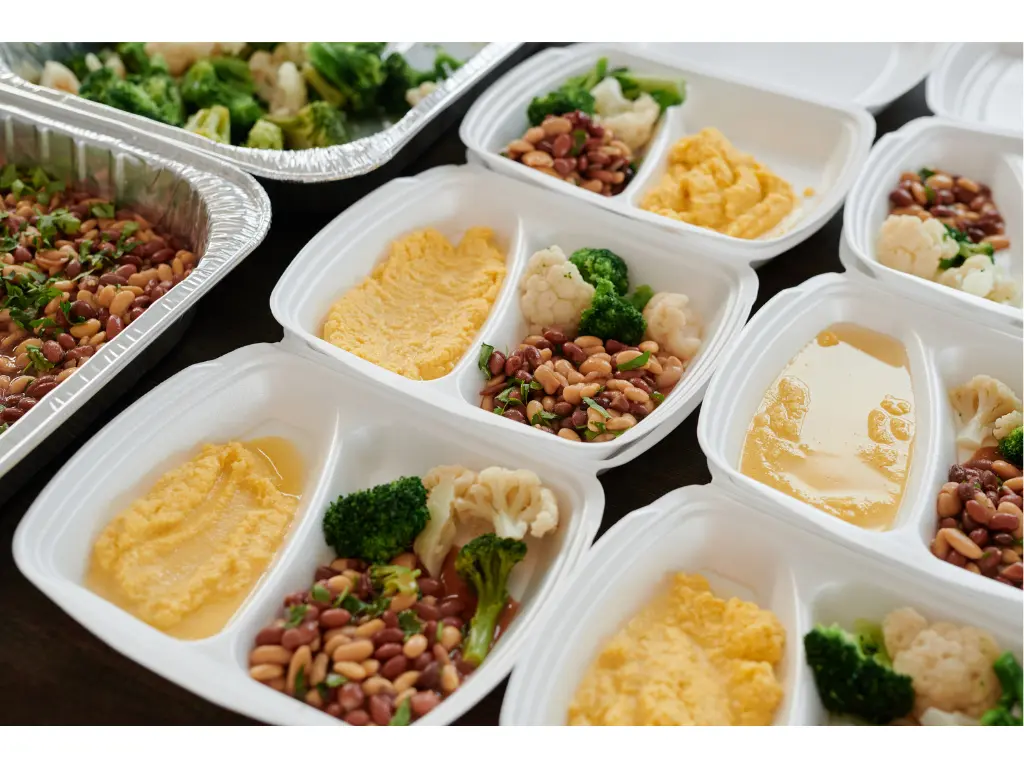- Home
- GPC Mercosur
Mercosur - Home
Login
Forget Password
News

Mercosur Approves New Technical Regulation for Cleaning Products
Jun-26-2025
On June 12, 2025, the Common Market of the South (Mercosur) adopted Resolution GMC No. 05/25, establishing a new technical regulation for the definition, classification, composition requirements, and labeling of cleaning products within the bloc. The measure applies to Argentina, Brazil, Paraguay, and Uruguay and reflects Mercosur's ongoing efforts to harmonize technical standards across member countries.
Scope and Product Coverage
The new regulation introduces updated definitions that cover a broad category of non-industrial cleaning products. These include, but are not limited to, products traditionally used for household cleaning, as well as those intended for vehicle care, shoe maintenance, and other similar purposes. Industrial or institutional use products are explicitly excluded from the scope.
Risk-Based Classification Framework
A key feature of the regulation is its alignment with the risk-based approach introduced by Mercosur in Resolution GMC No. 36/22. Under this framework, cleaning products are classified into two categories: Risk I for products considered low risk, and Risk II for those presenting a higher level of risk. This approach replaces the previous system, which relied on closed lists of covered products. To date, Uruguay is the only member country that has incorporated the risk-based framework into its national legislation.
Substance Restrictions
Resolution 05/25 introduces specific prohibitions on certain substances in cleaning product formulations. Ingredients such as methanol, nonylphenol and its ethoxylates, and sodium tripolyphosphate are now explicitly banned due to environmental and health concerns.
Next Steps: National Implementation Required
It is important to highlight that the new regulation does not enter into force automatically. Each of the four member states must incorporate the provisions of the resolution into their domestic legal frameworks by December 9, 2025. Until that process is complete, the requirements established by the new rule remain inoperative.
Industry Implications
Companies that manufacture, import, or distribute cleaning products in Argentina, Brazil, Paraguay, or Uruguay should begin preparations to comply with the forthcoming national regulations. This includes reviewing product formulations, verifying compliance with labeling requirements, and assessing product classification under the Risk I and Risk II categories.
Towards Greater Regulatory Convergence
The adoption of Resolution 05/25 represents a significant step toward regulatory convergence within Mercosur and reflects the bloc's commitment to modernizing the oversight of cleaning products. Stakeholders in the sector are advised to closely monitor the transposition process in each member country and take the necessary steps to ensure compliance within the established timeframe.

MERCOSUR Updates Regulations on Plastics in Contact with Food
Feb-17-2025
The Common Market Group (GMC) of MERCOSUR has approved Resolution No. 28/24, which modifies Resolution No. 02/12, updating the Technical Regulation on the Positive List of Monomers, Other Starting Substances, and Polymers Authorized for the Manufacture of Plastic Packaging and Equipment in Contact with Food.
The resolution introduces two new substances to the existing list:
-
Diglycidyl Ether of Tetramethyl Bisphenol F (TMBPF-DGE) (CAS No. 113693-69-9) – This substance, used in water-based macromolecular dispersions for beverage can coatings, is subject to migration limits of:
- 0.2 mg/kg (sum of TMBPF, TMBPF-DGE, TMBPF-DGE.H2O, and TMBPF-DGE.2H2O)
- 0.05 mg/kg (sum of TMBPF-DGE.HCl, TMBPF-DGE.2HCl, and TMBPF-DGE.HCl.H2O)
-
Polyamide-Imide 2 (PAI-2) – This polymer, produced from 4,4'-diaminodiphenylmethane and benzoic chloride-3,4-anhydride dicarboxylate, is authorized for use only as a binder in high-temperature-resistant cookware coatings. The regulation limits the coating thickness to 60 μm and temperature use up to 230°C or short-term exposure up to 250°C for 15 minutes.
The updated regulation will be enforced across MERCOSUR member states and will apply to intra-regional trade and extra-zone imports. Member states must incorporate the resolution into their national legal frameworks by June 2, 2025.
The implementation of these updates will be overseen by the Working Subgroup No. 3 on Technical Regulations and Conformity Assessment (SGT No. 3), with national regulatory bodies responsible for enforcement.
This regulatory adjustment reflects MERCOSUR’s commitment to ensuring food safety and harmonizing industry standards across the region. For further details, you can find the Resolution (in Spanish) here.
Login
Forget Password
Global Product Compliance (GPC) specializes in Global Regulatory Compliance Solutions across sectors
globally. SSS Europe, a familiar name in chemical regulatory and compliance services now formally belongs
under the umbrella of GPC Holding Sweden.
Since 2008, we have emerged as one of the leading names among Global Regulatory Compliance Service
Providers with Representation services in Europe, Asia and Middle East for respective chemical
regulations.

 Twitter
Twitter
